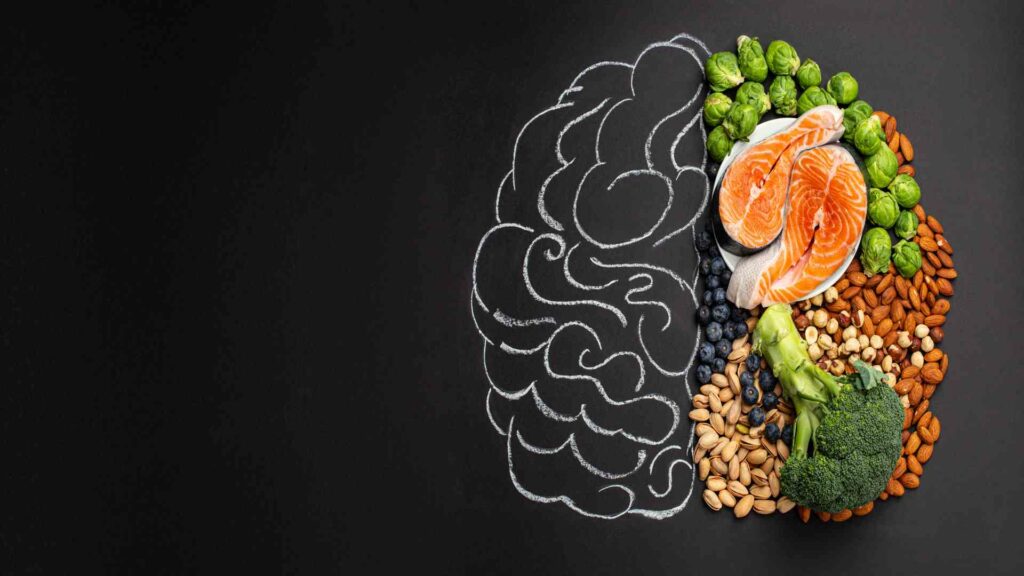How the Mind Diet can Boost Brain Health?
The MIND diet, which stands for ‘Mediterranean-DASH Intervention for Neurodegenerative Delay’, is a hybrid of the Mediterranean and DASH diets. It has been specifically designed to promote brain health and reduce the risk of Alzheimer’s disease and other cognitive declines.
Research suggests that boron may play a role in brain function and cognitive performance, as well as bone health.
In this video, we will discuss how the MIND diet works, which foods to include and avoid, and what the research says about this diet. So if you are interested in improving your brain health and reducing your risk of cognitive decline, be sure to stay tuned for the full video.
What is the MIND Diet and How Does it Work?
Martha Clare Morris, a nutritional epidemiologist, created the MIND Diet, which is based on the idea that what we eat can have a significant impact on our brain health and cognitive function.
The power of the MIND Diet emphasizes the consumption of nutrient-rich foods that have been shown to have a positive effect on brain health.
The diet also limits the intake of unhealthy foods that may have a negative impact. One of the key nutrients that is emphasized in the MIND diet is boron, a trace mineral that is found in a variety of plant-based foods.
The MIND diet recommends eating a variety of nutrient-rich foods, including:
Green Leafy Vegetables – One serving per day
Berries – More than 2 servings per week
Beans – More than 4 servings per week
Whole Grains – More than 3 servings per day
Olive Oil – Daily
Nuts – More than 5 servings per week
Seafood/Fish – 1 or more servings per week (Choose fatty fish like Salmon)
Wine – 1 glass per day
Poultry – More than 2 servings per week
The MIND diet also recommends limiting the intake of unhealthy foods, such as:
Sweets and Pastries – fewer than 5 servings a week
Red Meat – Fewer than 4 servings a week (including beef, pork, lamb, and meats products)
Fried foods and Cheese – One serving a week at most
Butter – Less than 1 tablespoon a day
Try incorporating more of the recommended foods and limiting your intake of unhealthy foods and get started on this diet today.
What Does the Research Say About the MIND Diet?
Studies have uncovered a significant protective effect this diet has on cognitive decline, with individuals who followed it most closely experiencing a 53% lower rate of Alzheimer’s Disease than those that did not.
Even moderate adherence was associated with an impressive 35% reduction in risk.
Further analysis revealed these results remained steady even when taking into account factors such as lifestyle behavior choices and common health conditions such as hypertension or depression
This supports efficacy for the preservation of brain function overall.
Evidence also shows that if you follow the rules, this diet can help prevent heart disease, diabetes, and some cancers. This is because it’s similar to other diets known to lower risk in these areas.
Although the mind diet won’t work miracles, it is a sound strategy for improving your cognition and overall health.
It’s based on years of research and has been shown to be effective in scientific studies.
You may want to try the mind diet yourself, given the positive benefits it has on health and wellness.





